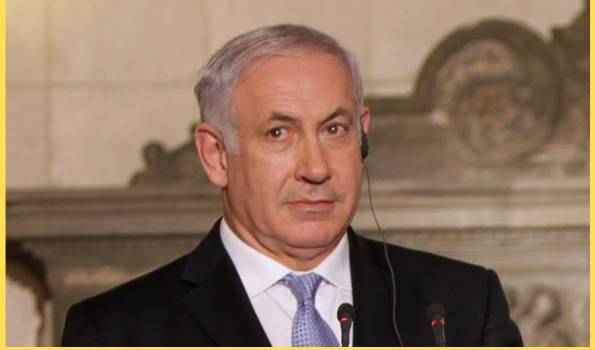Herb Keinon
Jerusalem Post, Oct. 19, 2022
“78% of those who said they planned to vote for one of the parties in the pro-Netanyahu coalition intend to vote on November 1, but that figure drops to 72% among those intending to vote for one of the parties in the coalition.”
A critical component of Benjamin Netanyahu’s overall campaign strategy can be summed up in one pithy phrase: 1+1=4.
This is a phrase he has told the party faithful innumerable times at campaign rallies around the country, explaining that “if every Likud voter would bring another Likudnik who did not vote in the previous elections to this one, then we will get four years of a stable right-wing government headed by the Likud. Four years.”
This phrase taps into one of the oldest campaign strategies known to man: Get out the vote; make sure the party faithful go to the polls.
But Netanyahu’s adoption of this phrase as a key part of his campaign reflects something else as well: a realization that the only way to grow the Likud’s piece of the Knesset pie is not to try and attract voters from the Center-Left bloc – he knows that is a lost cause – but rather to just get Likud supporters who did not turn out in the last four previous elections to do so this time.
The votes are there, Netanyahu believes, but the voters just have to be compelled to go to the polls. This is the reason why such a large part of his ads on social media have to do with convincing people “not to despair” and to get out and vote.
He is not the only one. Voter turnout – among Likud supporters, in the Arab sector and among haredim – will determine this election.
From the election in March 2020 to the one a year later in 2021, overall voter turnout dropped 4% from 71.3% to 67.4%. The decline was much more pronounced in the Arab sector, with turnout dropping a full 20 points (from 64.8% to 44.6%). Correspondingly, the Likud fell from 36 to 30 seats, and the representation of the Arab parties dropped from 15 to 10 seats.
In other words, voter turnout matters in a big way. …SOURCE


